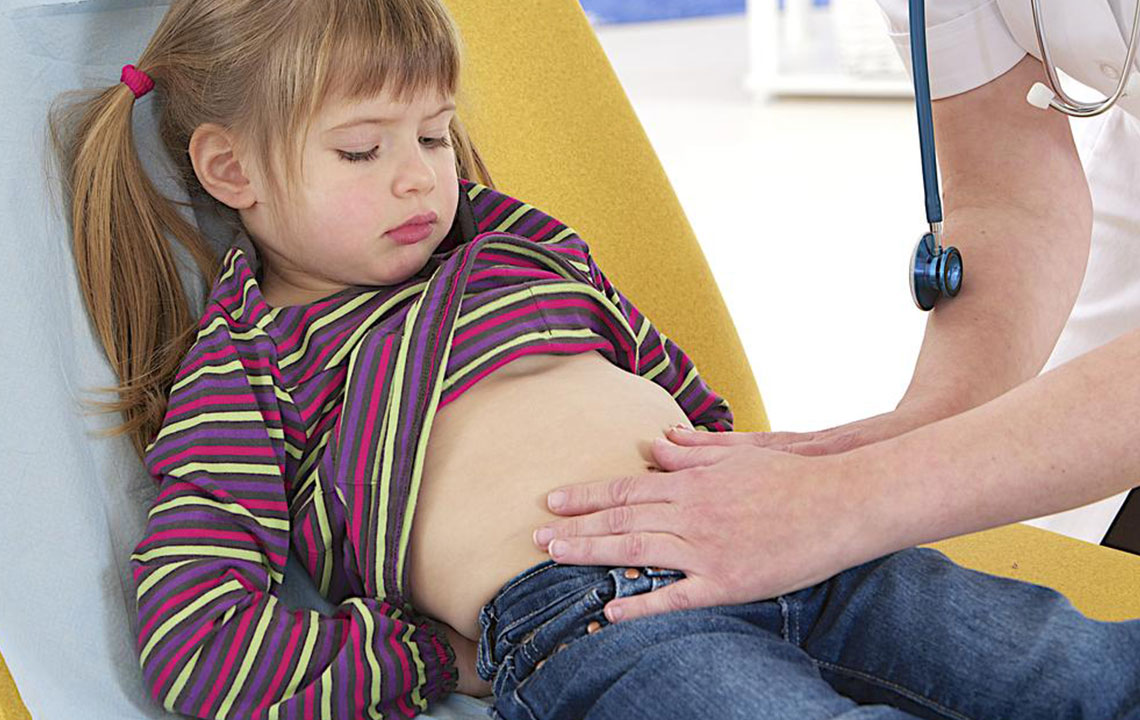Comprehensive Strategies for Preventing Kidney Infections in Children
This comprehensive article extensively explores pediatric kidney infections, focusing on understanding causes, symptoms, and practical prevention strategies. It emphasizes the importance of hygiene, early detection, and medical intervention, providing valuable insights for parents and caregivers to protect children's urinary health effectively. The guide highlights lifestyle recommendations, risk factors, and the significance of timely medical treatment to prevent serious complications, aiming to promote safer childhood development through proactive health management.

Effective Methods to Prevent Pediatric Kidney Infections
Kidney infections in children are a significant health concern that require attention and proactive measures. These infections are a form of urinary tract infection (UTI), but when they involve the kidneys, they can lead to serious health complications if not identified and managed promptly. Understanding the causes, symptoms, and prevention strategies can help parents and caregivers reduce the risks and ensure their children's well-being.
Understanding Pediatric Kidney Infections
Kidney infections in children typically originate from infections of the lower urinary tract, such as the bladder. If left untreated or if the infection ascends, it can reach the kidneys, leading to a more severe condition called pyelonephritis. These infections can affect children of all ages, but certain factors increase their susceptibility, especially during early childhood.
Common Causes and Risk Factors
Kidney infections in pediatric patients often stem from multiple underlying factors. Congenital anomalies of the urinary tract are among the primary causes; these structural abnormalities can hinder normal urine flow, creating environments conducive to bacterial growth. During toilet training, typically between ages 2 to 3, the diagnosis of conditions like kidney stones becomes more common and can predispose children to infections.
In addition, several lifestyle and health-related factors contribute to increased risk, including:
Inadequate cleaning of the perianal area, particularly in young girls, which can introduce bacteria into the urinary tract
Tight or obstructive clothing that restricts air circulation and encourages bacterial proliferation
Use of bubble baths or harsh soaps that irritate sensitive skin and alter natural flora
Neurological conditions that impair bladder control, leading to incomplete emptying and bacterial buildup
Infrequent urination, which allows bacteria to multiply in the urinary tract
Increased risk in uncircumcised boys due to bacterial colonization under the foreskin
Recognizing these factors is crucial in implementing preventive measures tailored for each child's needs.
Recognizing Symptoms of Kidney Infection
Early detection of kidney infections in children can prevent complications. However, symptoms can sometimes be nonspecific, especially in infants and very young children. Typical signs to watch for include foul-smelling, cloudy urine, which indicates bacterial presence; pain in the back or lower abdomen; a burning sensation during urination; difficulty passing urine; or a noticeable reduction in urine output, which may signal the need for urgent medical evaluation.
In infants, symptoms may include fever, irritability, poor feeding, and vomiting, making it essential for parents to monitor any changes in behavior or health closely.
Preventive Strategies for Parents and Caregivers
Parents play a vital role in preventing pediatric kidney infections through daily hygiene and lifestyle practices. Here are some effective measures:
Perform thorough, gentle diaper changes regularly, ideally every 2-3 hours, to prevent bacterial buildup and skin irritation.
Use mild, fragrance-free wipes for cleaning, and always wipe from front to back to avoid transferring bacteria from the perianal area to the urinary tract.
Encourage children to drink plenty of water throughout the day, promoting regular urination and flushing bacteria from the urinary system.
Dressing children in loose, breathable clothing helps reduce skin irritation and prevents bacteria from thriving.
Avoid the use of harsh soaps or bubble baths that can irritate sensitive skin and disturb natural flora.
Teach good bathroom habits early, ensuring children understand the importance of proper hygiene.
Monitor for symptoms of infection, and seek medical attention promptly if signs of urinary tract infection appear.
In cases where congenital abnormalities or other medical conditions increase the risk, regular pediatric evaluations and imaging tests can aid in early detection and intervention.
When infection symptoms are identified, timely administration of antibiotics as advised by a healthcare professional is essential for complete recovery. Preventive care combined with early treatment can effectively reduce the incidence of kidney infections in children, safeguarding their health and development.
Summing up, understanding the causes, symptoms, and prevention strategies of pediatric kidney infections can empower parents and caregivers to protect children's urinary health proactively. With attentive hygiene, proper medical care, and lifestyle adjustments, the risk of these potentially serious infections can be significantly minimized, ensuring better health outcomes for young children.





